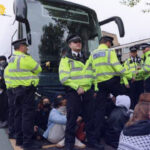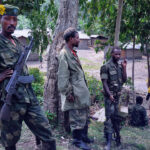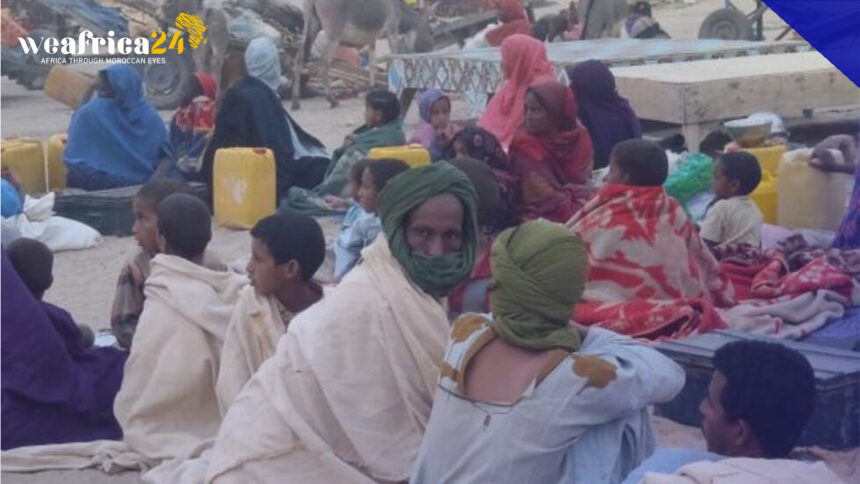Continuing the trajectory of inter-Malian dialogue, regional-level discussions, alongside those held in embassies and consulates, concluded on Monday following the earlier communal phase ten days ago. Facilitated by the transitional Malian authorities, this dialogue seeks to restore peace in the country amidst the rupture of the 2015 peace agreement and the resurgence of hostilities between the Malian army and rebel groups of the Permanent Strategic Framework (CSP) in the north.
Since the military’s victory in the rebel stronghold of Kidal in November, tens of thousands of Malians have sought refuge in the border areas of Mauritania and Algeria.
A significant presence at the Tamanrasset dialogue was the Touaregs of the Dahoussak faction, responding to the call of their community leader, Moussa Ag Acharatoumane. Acharatoumane is also a member of the National Transitional Council and founder of the Movement for the Salvation of Azawad (MSA), an armed group from the north allied with the transitional Malian authorities.
Interestingly, the Dahoussaks participating in the Tamanrasset dialogue did so not under the banner of the MSA, but rather through the spokesperson of the movement, Ilyas Ag Siguidi, who expressed their sentiments. “It was truly a significant exercise for our community and Malians in general. Our message was one of peace, urging Malians to coexist as they did before the crisis. Our proposals emphasized the need for the Malian army to secure Mali’s territory and eliminate all terrorists complicating the lives of the population,” he stated.
Among the estimated 40,000 to 50,000 Malians who fled the Kidal region last November during the Malian army’s offensive against CSP rebels, Bachir* found refuge in Algeria with his family. As a civilian not affiliated with any armed group, Bachir believes that the rebels should have been included in the discussions. However, the transitional Malian authorities, having officially renounced the 2015 peace agreement, now label them as “terrorists” and refuse dialogue with them.
This stance led Bachir to abstain from participation. “True dialogue must occur between the governmental party and the actors on the ground. They are the ones in conflict. Without these actors, there can be no peace. This dialogue is merely a time-gaining tactic for the transition; it benefits them,” Bachir asserted, expressing his reluctance to return to Mali at present.
He urges northern community representatives collaborating with the transitional Malian authorities not only to advocate for the return of displaced persons and refugees but also to ensure their security and denounce army and Wagner Group atrocities against Malian civilians.
Official figures regarding the number of Malians currently refugees in Algeria remain elusive. While the country has kept its borders open to receive them, most are not recognized as refugees, and the UNHCR has been awaiting authorization for months to access them.







